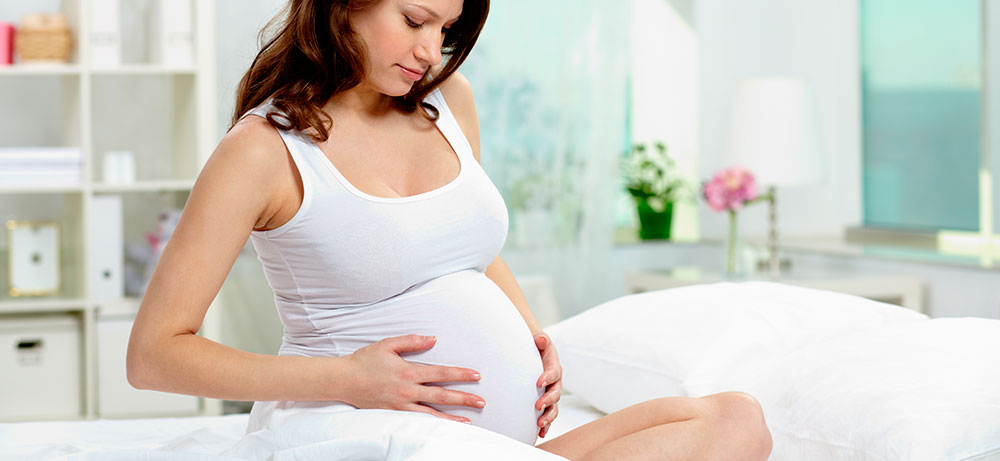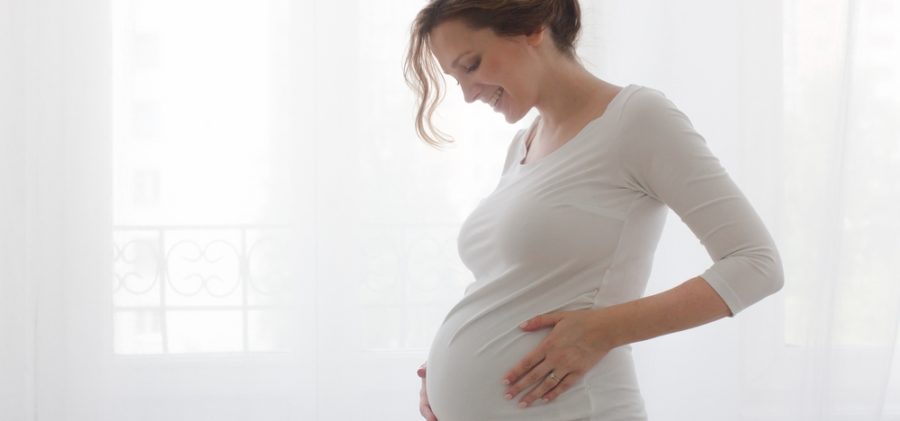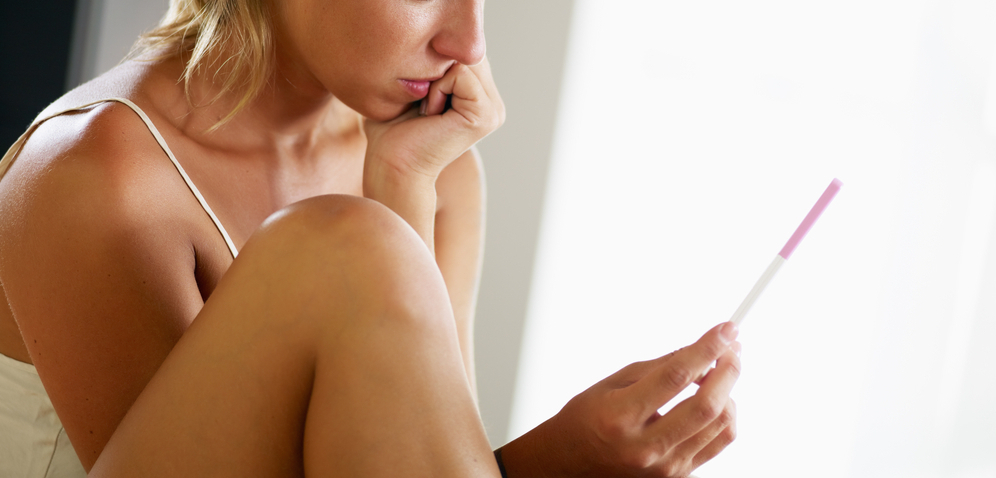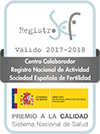
Premature menopause or premature ovarian failure is the absence of the menstrual period in women under the age of 40. This diagnosis is quite common among women in fertile age, between 1 to 3% of female population in reproductive age suffer from this disorder that is between 78.800 to 236.400 women between the 12-40 age group. Premature menopause diagnosis usually concerns women because they are afraid that they will not be able to have a child but nowadays it is possible becoming a mother thanks to assisted reproduction.
The causes of premature menopause are not always clear. It may be associated with a hereditary predisposition (chromosomal disorders or genetic anomalies) and an increased reaction of the immunological system against the ovarian follicles which causes the destruction of these cells (diabetes, Addison, Hypothyroidism, vitiligo, lupus diseases, Rheumatoid arthritis, Chron disease, Sjogren syndrome, etc.). Moreover, 1% of premature menopause cases depend on well-known causes.
The most common symptom of premature menopause is that the menstruation’s stops; most of the patients receive a specific diagnosis when becoming a mother with their own eggs it is no longer possible. For this reason, it is very important getting preventive tests when there is family history of premature menopause under the age of 40. It can be detected through a simple ultrasound scan during an annual gynaecologic examination: if both the ovarian follicle counts are low and anti-mullerian hormone is inappropriate it is recommendable going to a fertility clinic to preserve maternity through Egg vitrification, if it is still possible.
What are the possibilities in becoming a mother facing a premature menopause diagnosis?
The treatment of egg donation is the solution for these women. Thanks to the altruistic action of some women who donate their eggs can make others become mothers. The donation of oocytes and egg donation is a treatment that consists of using egg from an anonymous donor and fertilizing them with the sperm of the patient’s partner or with a donor’s sperm if the man is affected by some kind of fertility problem.







